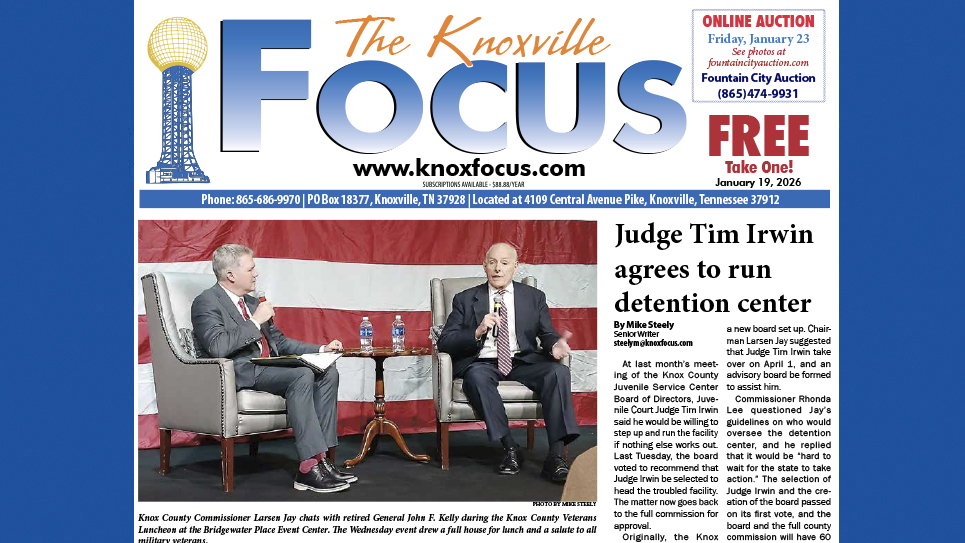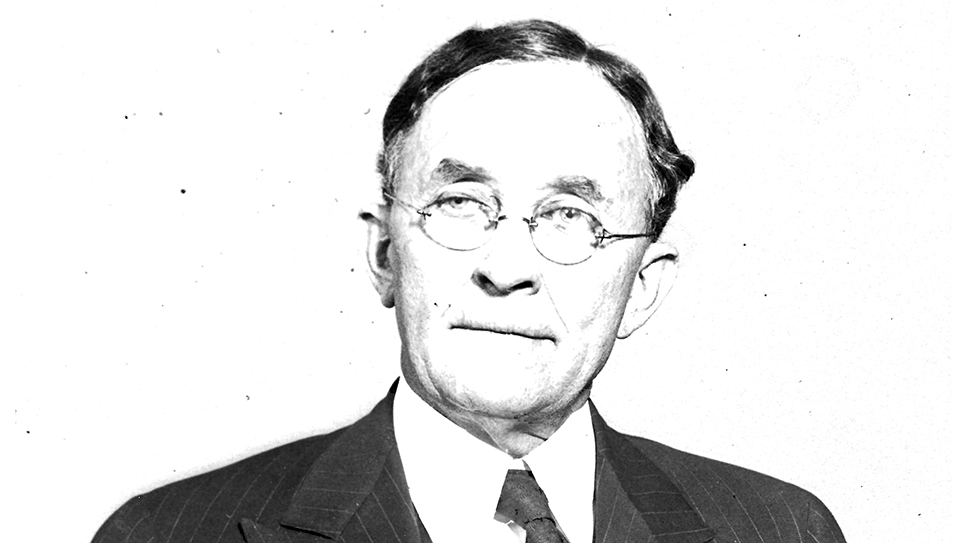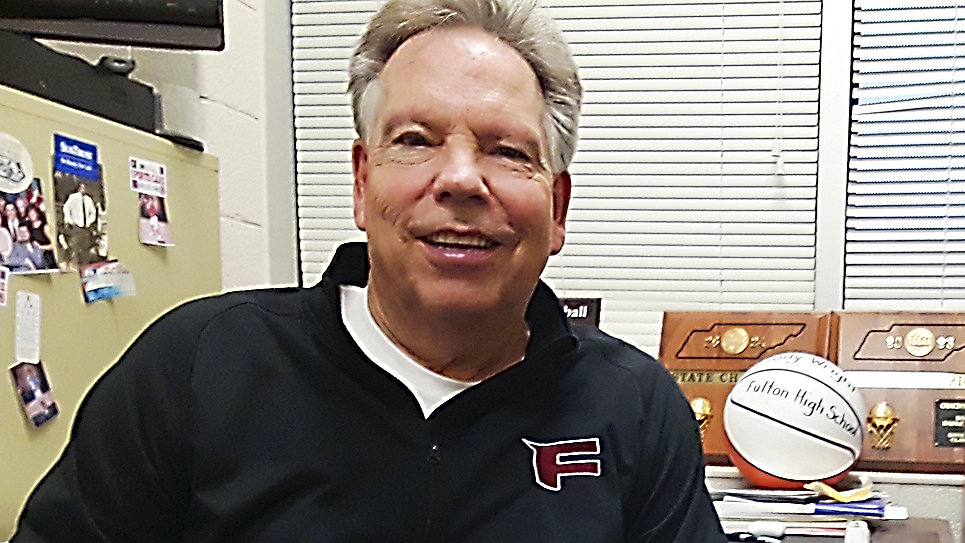I’ve been thinking about self-sufficiency as I watch the pears, apples, plums and peaches on my fruit trees mature and wait for my garden to produce. We live in the humid and warm south so you must use insecticides and fungicides if you want any harvest. And I learned from reading “The Alchemy of Air” by Thomas Hager (referenced in my column “Alchemy” in February this year) that fertilizer is absolutely necessary despite my regular additions of horse manure to my garden. It’s a good thing I live in a modern society because I couldn’t feed myself with my efforts, let alone my family. Michael Bloomberg’s comments regarding farmers were elitist and vacuous.
Where did the notion of self-sufficiency and work ethic originate? Perhaps the best description is found in Galatians 6:2 and 6:5. Paul advised us to “Carry each other’s burdens…” but “each one should carry their own load.” In other words, I am to do my best and my duty, but if I am overwhelmed, I should ask for help.
The “Puritan work ethic” is a commonly mentioned phrase coined by philosopher and economist Max Weber. Weber “emphasized hard work, discipline and frugality” prominently featured in Protestant philosophy and especially John Calvin’s writing. (This is not to say other faiths and other perspectives do not espouse the same work philosophy.)
Recently, I’ve written how hard it is to admit that you are overwhelmed and need help. An example is depression. Sometimes asking for help is seen as a sign of weakness, especially if you have to admit that your mind is overwhelmed.
Most of us want to be self-sufficient at least to a substantive degree. However, it is an unusual person who chooses to live as a hermit or under a bridge due to mental illness. Drug abuse is a similar pathologic avenue of escape and isolation.
I’m glad I learned long ago that receiving a gift is good for me and for the giver. I believe this is also true when you ask for help. I’ve found that most reasonable people are more than happy to lend a hand or a dollar. But sometimes limits need to be applied to helpfulness. If you always tie your child’s shoes, they’ll never learn and you’ll stunt development. The book “Toxic Charity” speaks to throwing money at a problem without considering the consequences. Sincerity is at the heart of helpfulness, but you should strive to empower rather than enable. And beware of present-day virtue signaling like the Pharisee in Luke 18:11.
Most know of Leonardo DaVinci who acquired the moniker of Renaissance man, defined as someone with expertise in many fields. The word polymath is a synonym and may be a better word for a person of broad-based expertise yet not of the Renaissance era.
My iPhone and the internet are wonderful and helpful tools. In times past I journeyed to the medical library to research questions on patient care. Now I can receive help from continuously updated medical websites. And I can ask the World Wide Web for help in satisfying my general curiosity which has not dimmed, though the rest of me has aged. In my decades of teaching medicine to patients, medical students and doctors I have found that you cannot teach curiosity.
I used to quip that I needed a job which would pay me enough to support my family and allow time for library research, reading and contemplation. I never found that job until semi-retirement. Now I have sufficient resources and, most importantly, enough time and health to explore my fancy’s. I now have my dream job which also includes shepherding grandkids.
The Master said, “Ask and you will receive.” And the Psalmist asked, “From whence cometh my help?” I now understand my origin and my purpose. I’ll admit I wander off my prescribed path of life not infrequently. However, my need causes me to ask (pray) for courage and strength. And soon the wisdom and insight of the Spirit corrects my course and life goes on.
But what happens with the soul who does not ask for help? Or what happens to the soul who gets answers they seek in the idols of money, power, prestige or, even worse, drugs? I will not judge, as this is the Lord’s, but I will observe and apply discernment. Having prayerfully asked and observed carefully, I know what is right. I am no longer conflicted in this regard. And for me right is not a relative concept as postmodern man insists. Relativity may work in physics, but not in virtue and ethics.
The principal question in matters of faith is, how can an omniscient, omnipotent and omnipresent God allow suffering? This is known as the theodicy question. The five classical answers are: there is no God and everything is chance, there is a cosmic battle between good and evil, we are all sinners and get what we deserve, suffering makes us stronger, and lastly, we will receive justice in the next life. As the Saturday Night Live skit “Alexa for Seniors” intones, “I don’t know about that.” The Creator apparently determined it was better for us to have freedom of choice and return to Him voluntarily than be a marionette.
I am a reasoned person and was trained in science. However, there are questions that science cannot answer. I have become a believer in “the way, the truth and the life,” though I sometimes struggle as did the man who brought his epileptic child to Jesus (Mark 9:24).
The great Danish philosopher Soren Kierkegaard is famous for his perspective that reason can take you only so far. Then it is necessary for a “leap of faith.”
I don’t believe religion and science are mutually exclusive of each other. Both exist within God’s created universe. Truth is more than observed fact.
Perhaps the great Russian novelist Fyodor Dostoyevsky spoke to the great question of life best for me. “If someone proved to me that Christ is outside the truth, then I would prefer to remain with Christ than with the truth.”






